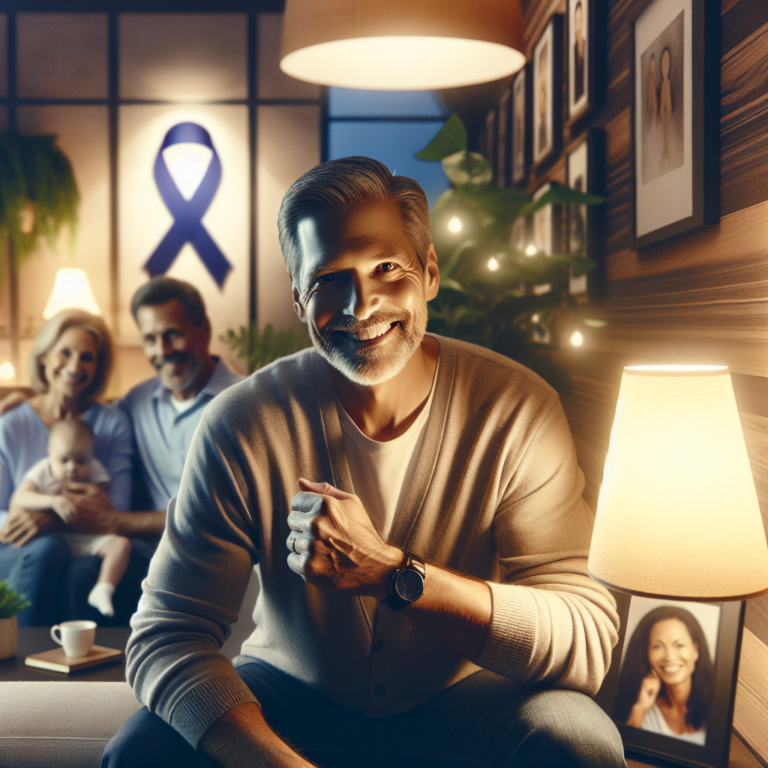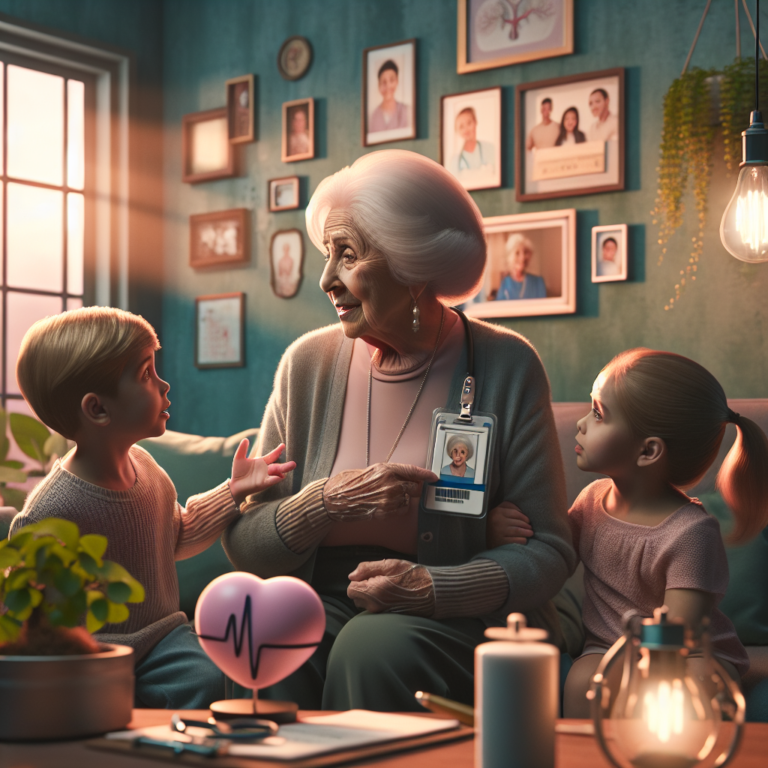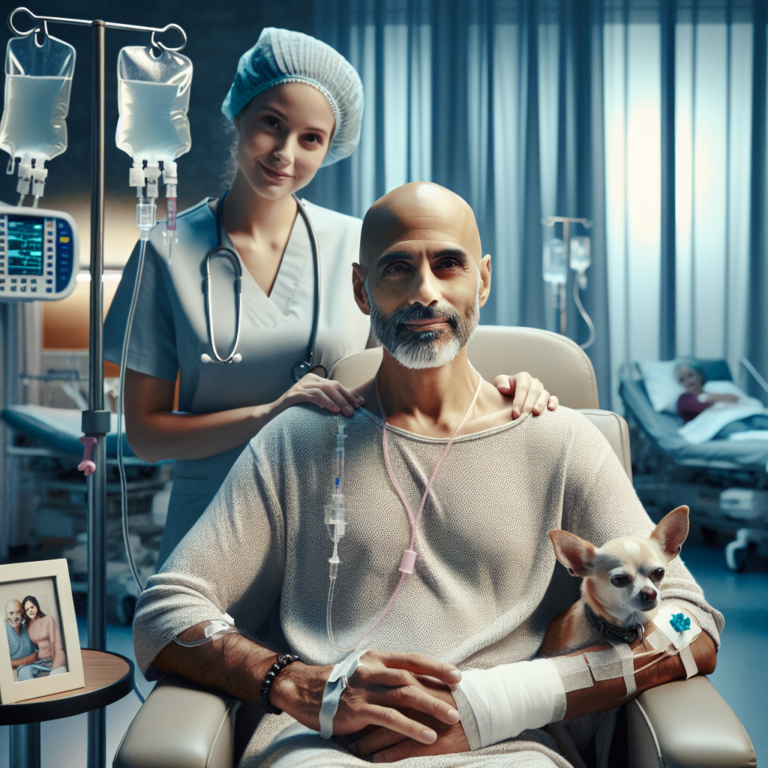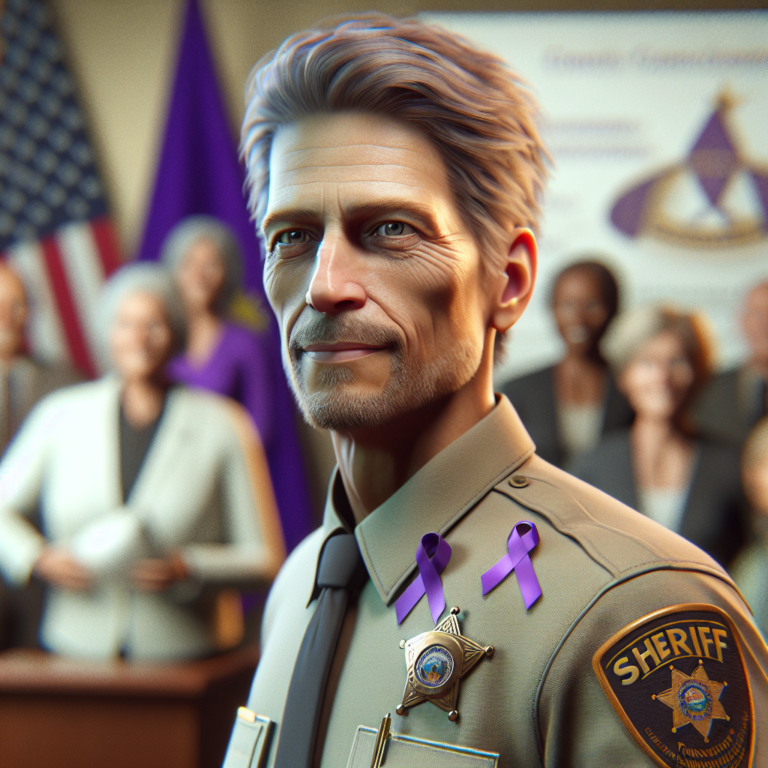Opening the Dialogue: Essential Tips for Discussing Pancreatic Cancer with Family and Friends

Let’s Win is excited to amplify the voices of patients in our dedicated section for Managing Pancreatic Cancer. By sharing their personal journeys, patients and survivors will provide invaluable insights into their treatment experiences, the challenges of traveling post-Whipple surgery, and their motivations for becoming advocates for others navigating similar diagnoses.
In addition to individual stories, we’ll hold roundtable discussions featuring multiple voices. The first session centers on the delicate topic of disclosing one’s diagnosis. This inaugural roundtable includes notable participants such as David Dessert, a BRCA2-positive advocate; Miggie Olsson, a long-term survivor actively volunteering with fellow patients; and John Moisan, a five-year survivor and passionate advocate.
Navigating the Disclosure of a Pancreatic Cancer Diagnosis
The initial conversations about a pancreatic cancer diagnosis are often the hardest. Each participant in our roundtable chose to inform their immediate family first, using personal interactions when possible. David Dessert recounts how he managed this challenging communication:
"I informed my work, friends, and family that something was discovered on my tumor that could indicate cancer, but nothing was confirmed yet. My parents flew in right away, even before we had a definitive diagnosis. I made sure to be open and honest with my children, who were 13 and 16 at the time."
Miggie Olsson emphasizes the importance of face-to-face discussions with friends. She wanted to convey her confidence in her treatment:
“I needed my friends to see I wasn’t at death’s door. I wanted them to understand that I was optimistic due to being in the care of a top-notch medical team.”
For John Moisan, sharing the news with his wife was a deeply emotional moment:
“After my appointment, I told my wife in person. We both cried. My children had varying reactions, with some being aware of the seriousness of pancreatic cancer while others were oblivious to its gravity.”
Lessons Learned from Sharing a Diagnosis
Reflecting on their experiences, our advocates share what they might have done differently. John wishes he could have communicated with his children in person instead of relying on phone calls due to geographical distances. David found that having a strong relationship with his HR department was beneficial during his treatment journey, even helping him navigate disability benefits.
Miggie would have chosen to shave her head when her hair began to thin, rather than trying to conceal her illness. She acknowledges that being proactive in communicating with her medical team could have mitigated some side effects she faced.
What Not to Say or Do
With hindsight, David warns others to be cautious about what they post on social media. He learned this the hard way when a disability insurer used his online activity against him:
“After my Whipple surgery, my insurer discovered I was biking and deemed me no longer disabled, which led to the cancellation of my coverage.”
Miggie advises against overwhelming others with medical details, as most people struggle to fully grasp the complexities of treatment. John emphasizes the importance of offering encouragement to loved ones, as fear and misinformation can lead to despair.
Effective Strategies for Difficult Conversations
When discussing difficult news, Miggie suggests one-on-one communication, either in person or via phone. This approach fosters meaningful connections and allows for a deeper exchange of information. David agrees, advocating for honesty in communication:
“Being straightforward has always worked for me, but I also set boundaries about how much detail I want to share.”
John believes that sharing accurate information about the diagnosis and treatment options helps build hope for both the patient and their loved ones.
Final Thoughts and Suggestions
David encourages others to filter advice based on personal relevance, reminding us that everyone’s journey is unique.
Miggie adds that maintaining a positive outlook is crucial, advising patients not to let the fears of others dictate their own mindset.
John highlights the importance of community involvement in raising pancreatic cancer awareness. He shares his family’s participation in events like the PanCAN 5K PurpleStride, emphasizing how shared activities can foster connection and support.
Through these stories and insights, it becomes clear that while the journey with pancreatic cancer is challenging, the strength found in shared experiences can illuminate the path ahead.






